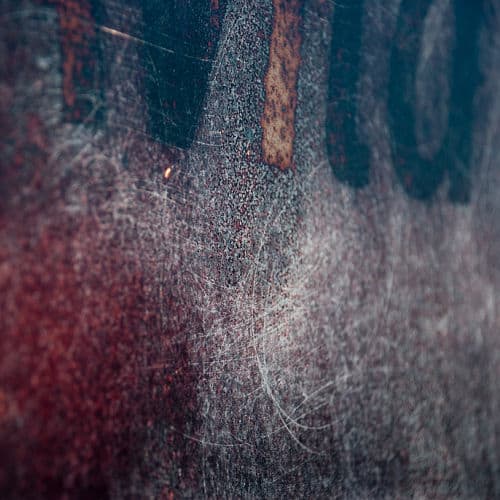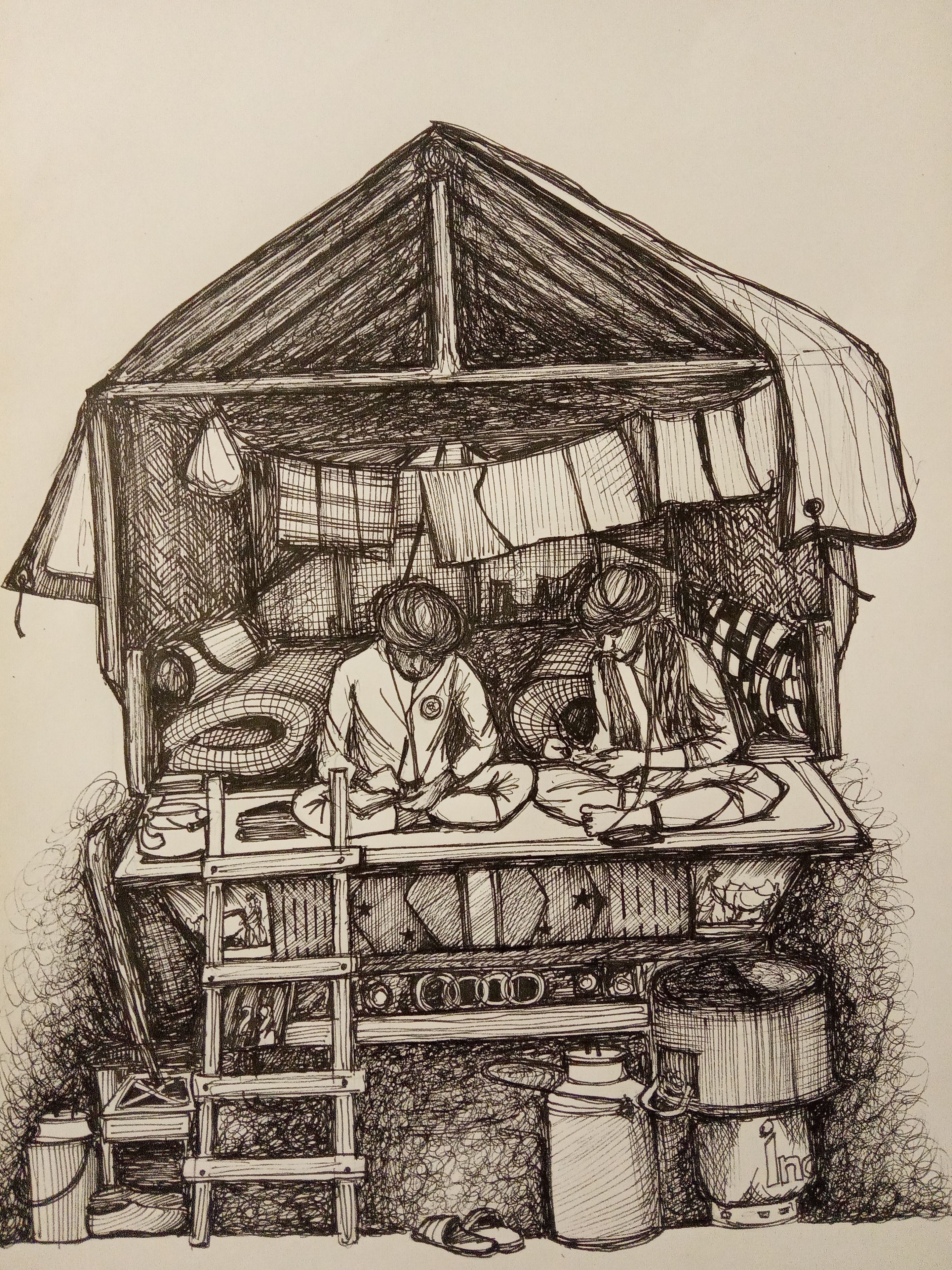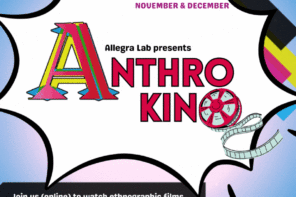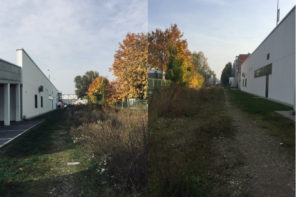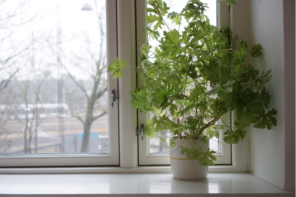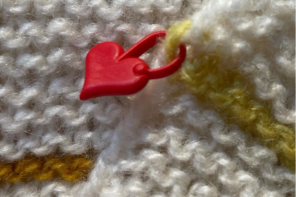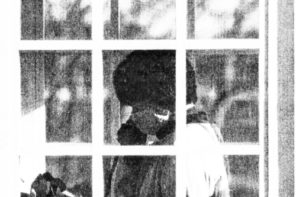You guessed it: it’s yet again time for events! This month, we bring you a selection of exciting events addressing vulnerability, borders, spaces and surfaces. From conferences to workshops, exhibits and performances, there is something for every taste!
As always, if you want your event to feature in our next events list or if you wish to write a short report, don’t hesitate to get in touch with our events assistant Aude at audef@allegralaboratory.net.

30 November-1 December 2017, The House of Science and Letters, Helsinki, Finland
Vulnerability has been widely used as a descriptive concept in the study of fragile life situations, socially excluded people and minorities and, e.g. dependent human beings and animals. However, this articulation of the concept has been criticized for being human-centered. The concept can also have a normative character, which refers to biological life, especially climate change and non-human lives. In a normative sense and from a Foucauldian take on productivity, vulnerability in current neo-liberal societies can also be understood as a vehicle for individualization and identity politics. Vulnerability has also been used as an ontological concept, a necessary feature of the human condition. This is probably the oldest meaning of vulnerability which has been extensively discussed e.g. in religious and ethical settings. When studying current societies, vulnerability as an ontological concept is frequently modified to serve political ends.
This seminar examines the range of definitions that vulnerability is given today. Does vulnerability matter – how? With increasingly broad articulations of the term, is it in the danger of losing its meaning? What kind of common denominators do the various articulations share? How can researchers of vulnerability communicate with one another?
In addition, we invite papers, which discuss materiality, affects and mediations between social relations and the politics of vulnerability. We invite participants from all relevant subjects, such as social sciences, humanities and the arts, philosophy and medicine. [more]
Deadline for submission of abstracts: 15 October 2017

6-9 June 2018, Stony Brook University, USA
Against the backdrop of globalization, where capital flows across borders more easily than people, we are living in increasingly walled-off societies. The conference theme, Class at the Border: Migration, Confinement, and (Im)mobility, explores how an explicit recognition of class can deepen our understanding of the structures and ideas that divide individuals, communities, societies, and nations across the globe. Presentations for this conference will consider how walls, borders, and other dividing lines–of both the material and figurative variety–are constructed, upheld, resisted, and dismantled.
Presenters are encouraged to submit individual proposals as well as full panels, poster submissions, roundtables, and workshops that address, in some fashion, either within or across disciplinary boundaries, literal or figurative concepts of walls through class analysis. While we strongly encourage submissions that focus on the cluster themes such as labor, immigration, incarceration, and mobility in relation to class, presenters are encouraged to submit proposals in other areas and from various fields of study that advance our understanding of walls and class. [more]
Deadline for submission of proposals: 15 December 2017

9 March 2018, De Montfort University, Leicester, UK
This one-day symposium examines the contemporary fascination with the surfaces, surveying the (im)material surface qualities of our everyday environment. It brings together scholars and practitioners from a range of disciplines—creative arts and design, architecture, performance, cultural studies, anthropology, sociology, history, literary studies and social studies of science and technology—to discuss the construction, dissolution and deconstruction of the surface.
Siegfried Kracauer wrote, in the 1920s when the Western world was captivated by technology and mechanised production, that urban mass culture was defined by surface affects and described the experience of modernity as being that of a surface condition. Modernity’s obsession with the surface was revealed most clearly in built, designed and manufactured everyday things. The ‘surface splendour’ filled picture palaces; glass architecture alluded to utopian milieu that breeds revolutionary subjectivity; Josephine Baker wore her naked skin like a shimmering sheath; factory spaces full of gleaming machinery were worshiped like a temple; the sleek surface of Bakelite signaled a new era of consumer goods.
Today, almost 100 years on, in the midst of another technological revolution, the creative industries are again preoccupied with the surface and its dissolution, disintegration or efflorescence, accentuating the surface’s function of mediation or passage, rather than that of separation or boundary. The surface evaporates, percolates, become blurred or spectral in Diller and Scofidio’s Cloud Machine; Bill Morrison’s Decasia; Bart Hess’s Digital Artefact; Sruli Recht’s translucent leather collection Apparition. James Turrell’s light architecture is simultaneously material and immaterial, and the surface seems to disappear altogether with Surrey Nanosystems’ Vantablack.
If the everyday surface can be regarded as a site for the projection and display of psychical, cultural, social, and political values, what is the implication of the dissolving surface? How does the (im)materiality of surface affect our experience of the body, self and society today? What is our attitude towards these surface qualities? In what forms does surface materiality exist in the virtual age? What kind of moral, functional, aesthetic values does the surface conceal or reveal? [more]
Deadline for submission of abstracts: 1 December 2017

27-29 April 2018, Northwestern University, USA
How do borders echo and reverberate as cultural geographies, unsettling space and forcing bodies to move, to organize, and to perform? How do performers and scholars account for and navigate their bordered existence, when traversing them can regularly (re)produce the conditions for both precarious and secure living? What conditions arise amongst bodies, boundaries, and the spaces there in between? The 2018 Department of Performance Studies Graduate Student Conference, In Motion: Performance and Unsettling Borders, invites graduate students—practitioners and scholars—to generate dialogue and debate by coming together around artistic work and interdisciplinary thinking.
Recent international, national, and local political and social events have brought increased attention to the reality of borderlands as contentious sites of movement and activity. History demonstrates that borders—immaterial and material— have always existed and that movement has always been central in their negotiation. For some, borders are porous and easy to cross, a mere nuisance or pit stop. For others, borders are an integral part of being, continuously looming, shaping entire lives. If the border affirms its presence through constant yet imperfect iteration (repetition), then how might we employ performance (and practice) to interrogate its rigidity? How does performance elicit a mode of thinking and doing that allows us to consider how borders, contemporary and historical, demand both imaginary and tangible forces to be maintained—and how might we come to unsettle (or secure them) through our practice(s)?
We seek proposals for traditional academic papers, performance-lectures, live performances, and other experimental formats. [more]
Deadline for submission of film proposals: 1 December 2017

15-17 November 2017, Le Cube, Issy-les-Moulineaux, France & 18-19 November 2017, Point Éphémère, Paris, France
In a political climate where the desires, creations and beliefs that animate us are increasingly endangered, the 5th edition of Digital Anthropologies calls for the creation of a collective space-time.
Filmmakers, visual artists, digital practitioners, researchers in the social sciences and the humanities, as well as performing artists, will come together and share their research methods, methodologies and representational strategies. Our intention is to offer a rightful place to their works while creating space for dialogue between creators and the public. By encouraging the sustained dialogue and interaction with the public, these interventions allow for the transmission of multiple narratives in myriad forms: corporeal, visual, audio, and the otherwise immaterial.
During our five days together, we hope to disrupt the divides between artistic expression, scientific production and technical intervention. All are encouraged to actively participate. As intercessors, each of us will have the opportunity to interrogate different modes of expression in a space where individual trajectories and collective fates meet, collide, and mutually enrich each other. [more]
Featured image by ricardo lago (flickr, CC BY-SA 2.0)

